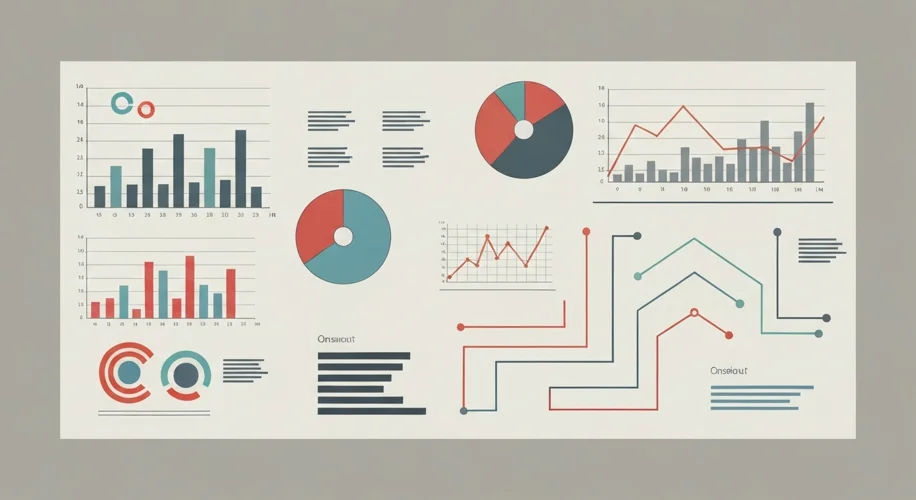As a former tech executive, I’ve always believed that good data is the bedrock of smart decisions. In the tech world, if your data is off, your algorithms fail, your products break, and trust evaporates. This principle isn’t confined to Silicon Valley; it extends to the very statistics that shape our understanding of the economy.
Recently, there’s been a growing discussion about the politicization of U.S. labor statistics, particularly noted during the Trump administration. This isn’t just an academic debate; it has real-world consequences for how we analyze our economy and, crucially, for public trust in the information we receive.
Think about it: Labor statistics, like unemployment rates, job growth figures, and wage trends, are vital indicators. Policymakers, businesses, and even individuals rely on this data to make informed choices. When these numbers are perceived as being manipulated or cherry-picked to fit a political narrative, it erodes confidence in the entire system. This can lead to flawed economic policies, misinformed investment decisions, and a general sense of unease about the accuracy of the information we’re presented with.
From my perspective in the tech industry, data integrity is paramount. We build systems designed for accuracy and transparency. When political pressures encourage the selective reporting or framing of economic data, it’s akin to injecting a virus into a critical system. The immediate goal might be to present a rosier picture, but the long-term damage to trust and the ability to make sound economic judgments can be significant.
For example, how we measure unemployment, the seasonal adjustments applied, or the very definition of who is included in labor force surveys are technical, not political, decisions. They need to be based on robust methodologies that have stood up to scrutiny, not on what might look best in a press release.
When the integrity of labor statistics is questioned, it casts a shadow over the reliability of economic forecasting and the effectiveness of government policies aimed at improving employment and wages. It creates an environment where it’s harder to have a factual conversation about economic challenges and opportunities.
As we move forward, it’s crucial that we advocate for and protect the independence of statistical agencies. Data should speak for itself, guided by sound methodology and a commitment to accuracy. Our ability to navigate complex economic landscapes depends on our trust in the foundational information we use. Let’s ensure that the numbers guiding our economic future remain clear, unbiased, and reliable.

